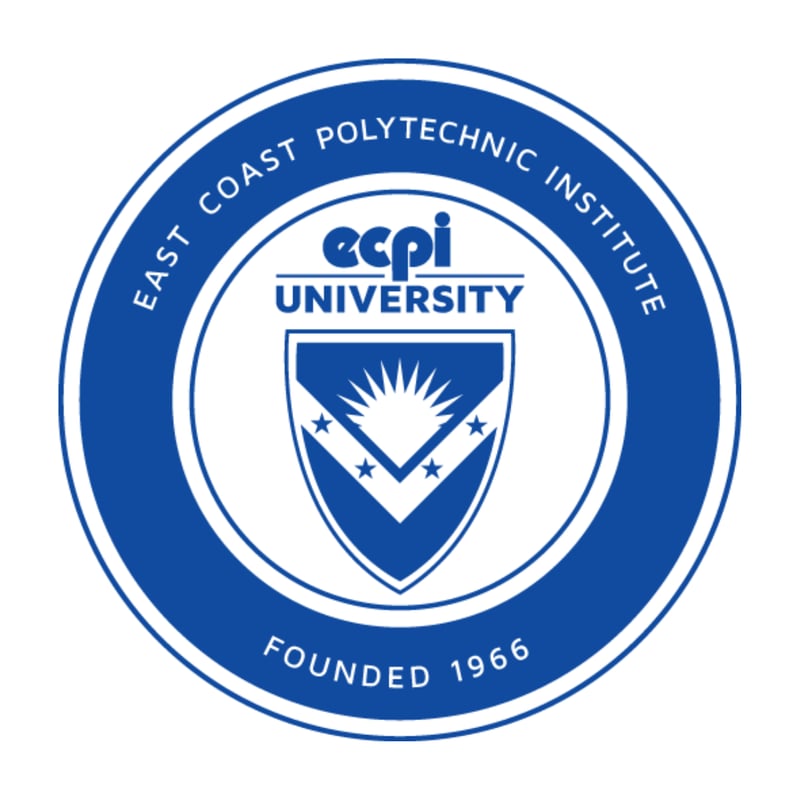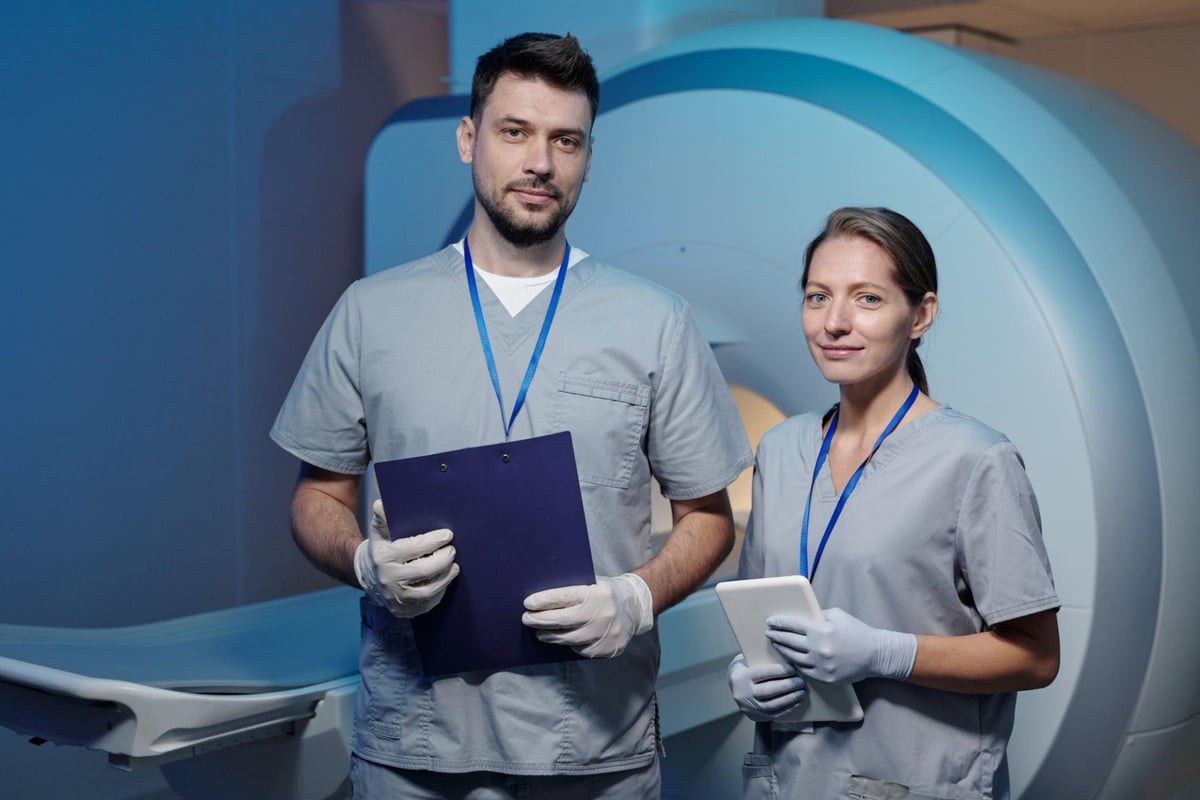
$173 to start
$2,200 total

Financial aid (may be available)

Financial aid (may be available)

Financial aid (may be available)
Financial aid (may be available)

Financial aid (may be available)
$40 total
$125 total

No cost info
No cost info
No cost info
Focus on the creative career opportunities in the scientific field of radiology. Our Radiologic Technology program allows you to combine basic scientific principles with the creativity of art by taking radiographic images to aid with diagnosis of illness and injuries.
You can choose to take our program via the Lincoln track or the Distance track. If you take the Lincoln track, you will perform your clinical in Lincoln with courses offered in person; if you take the Distance track you will perform your clinical at a pre-approved hospital outside Lincoln and take your courses online. Once you complete the program you will have the skills necessary to be successful and prepared to take the American Registry of Radiologic Technologist Exam and apply for state licensure where you choose to work.
No cost info
In as few as 24 months, you could be ready to work as a radiologic technologist.1 With an Associate's degree in Radiologic Technology, gain proficiency in diagnostic imaging, physiology and radiation safety, and learn to confidently convey assured leadership with patients. With hands-on experience at clinical sites, on-campus labs, diverse clinical practicum settings and online coursework, you’ll be confident in your skills outside of the classroom and ready to start your career.
No cost info
Our online Associate of Applied Science Degree in Radiologic Technology provides training for a career as a radiologic technologist. The program is designed to educate and help prepare the student to perform radiographic examinations, provide quality patient care, and assist the radiologist with diagnostic procedures. This program serves as a bridge for Texas-certified LMRTs to become eligible for the American Registry of Radiologic Technologists certification exam in Radiography. Advanced educational elements in anatomy and physiology, patient safety, image production, radiographic pathology, comprehensive review, and advanced clinical experience and procedures help provide graduates the opportunity to develop the skills necessary to obtain entry-level radiography positions in the field.
No cost info
St. Louis, Missouri, is a vibrant city with a promising job market for aspiring Radiology Technicians. The city's thriving healthcare industry offers numerous opportunities for individuals looking to become Radiology Technicians and earn a competitive radiology technician salary. By attending one of the quality radiology technician schools in the area, individuals can gain the necessary skills and knowledge to start a rewarding career in this field.

A Radiology Technician, also known as a Radiologic Technologist, is a healthcare professional responsible for operating medical imaging equipment, such as X-rays, CT scans, and MRI machines. They play a crucial role in assisting physicians in diagnosing and treating various medical conditions by capturing high-quality images of the human body.
To become a Radiology Technician in St. Louis, individuals typically need to complete an accredited Radiology Technician program, which can take anywhere from 1 to 2 years to complete, depending on the program. These programs usually include a combination of classroom instruction and hands-on clinical training, ensuring that students gain the necessary skills and knowledge to perform their duties effectively.
The fastest path to becoming a Radiology Technician in St. Louis is to enroll in a one-year certificate program. These accelerated programs are designed to provide students with the essential skills and knowledge required to become a Radiology Technician in a shorter timeframe. However, it's important to note that these programs may have more rigorous admission requirements and a more intensive curriculum compared to longer associate's or bachelor's degree programs.
There are several Radiology Technician classes available in the St. Louis area, each offering unique features and benefits. Here are a few examples:
St. Louis Community College
Mercy Hospital School of Radiologic Technology
Washington University School of Medicine
While there are no fully online Radiology Technician programs available in the St. Louis area, some schools do offer hybrid or blended learning options. These programs combine online coursework with in-person clinical training, allowing students to complete a portion of their education remotely.
Unfortunately, there are no free Radiology Technician programs available in the St. Louis area. However, some schools and healthcare organizations may offer scholarship or financial aid opportunities to help offset the cost of tuition and other expenses associated with the program.
To become a certified Radiology Technician in St. Louis, individuals must pass the American Registry of Radiologic Technologists (ARRT) certification exam. This exam covers a wide range of topics, including radiation protection, patient care, and image production and evaluation. Upon successful completion of the exam, individuals will be awarded the Registered Radiologic Technologist (R.T.) credential, which is required for employment in most healthcare facilities.
The job environment for Radiology Technicians in St. Louis is quite promising. The city is home to numerous healthcare facilities, including large hospitals, outpatient clinics, and imaging centers, all of which employ Radiology Technicians. Some of the potential employers for Radiology Technicians in St. Louis include Barnes-Jewish Hospital, Mercy Hospital, and SSM Health.
St. Louis, Missouri, offers a variety of Radiology Technician classes and programs to help individuals pursue a rewarding career in this field. By attending one of the quality radiology technician schools in the area, aspiring Radiology Technicians can gain the necessary skills and knowledge to earn a competitive radiology technician salary and contribute to the city's thriving healthcare industry.
Dreambound's platform allows prospective students to find the right educational program for them through searching, filtering, and connecting with our extensive selection of career & technical education partners.
Dreambound has over 70 programs across healthcare, technology, business, and industrial trades. This includes programs such as Medical Billing, Cybersecurity, and welding.
Some of our schools offer financial aid for those who qualify. Many others offer payment plans, where you can pay the cost of class over time.
Yes, Dreambound offers many online programs. On Dreambound's search, you can filter by online, in-person, and hybrid (part online, part in-person).
Dreambound is completely free for you to use! We are supported by schools and organizations who pay to advertise on our website, so we can offer all of our career resources for free.